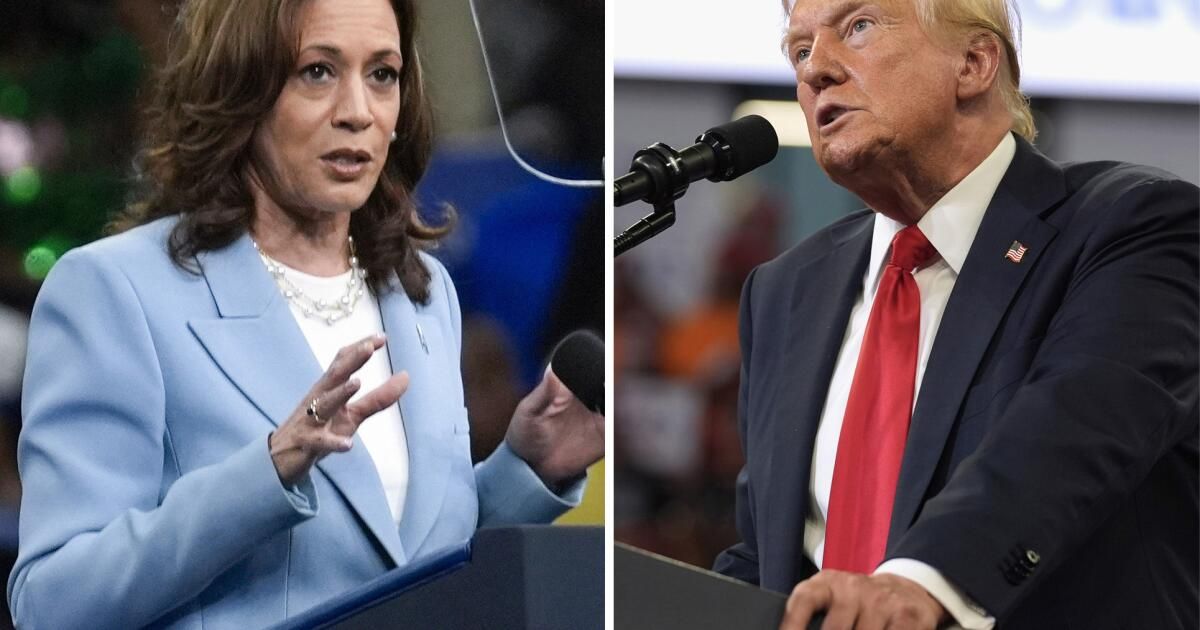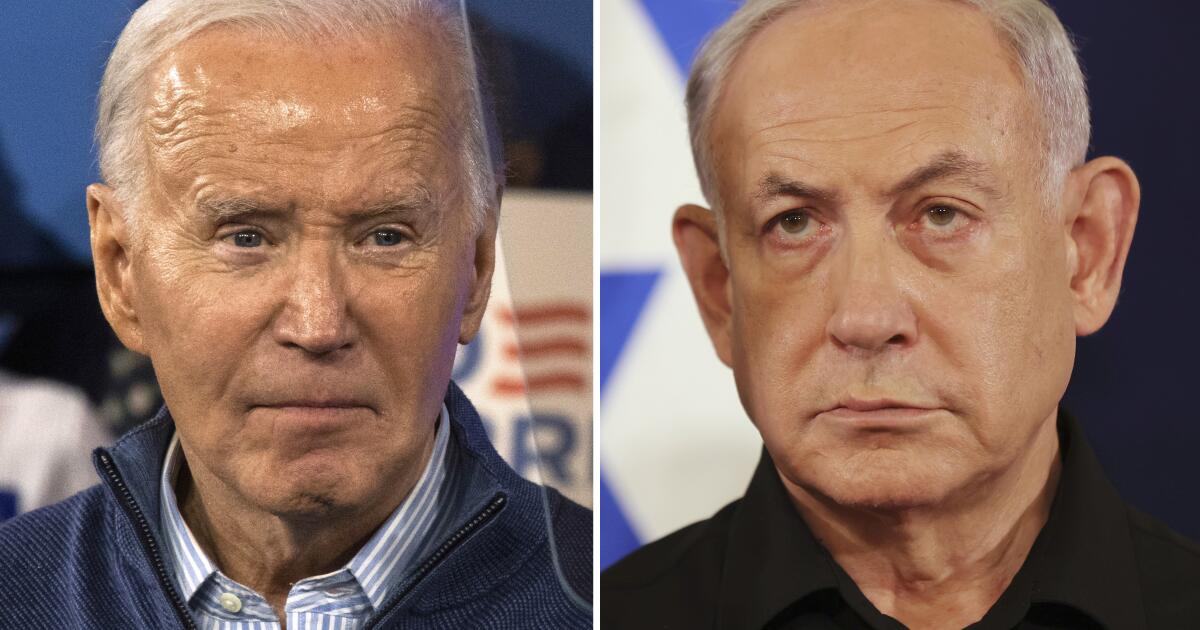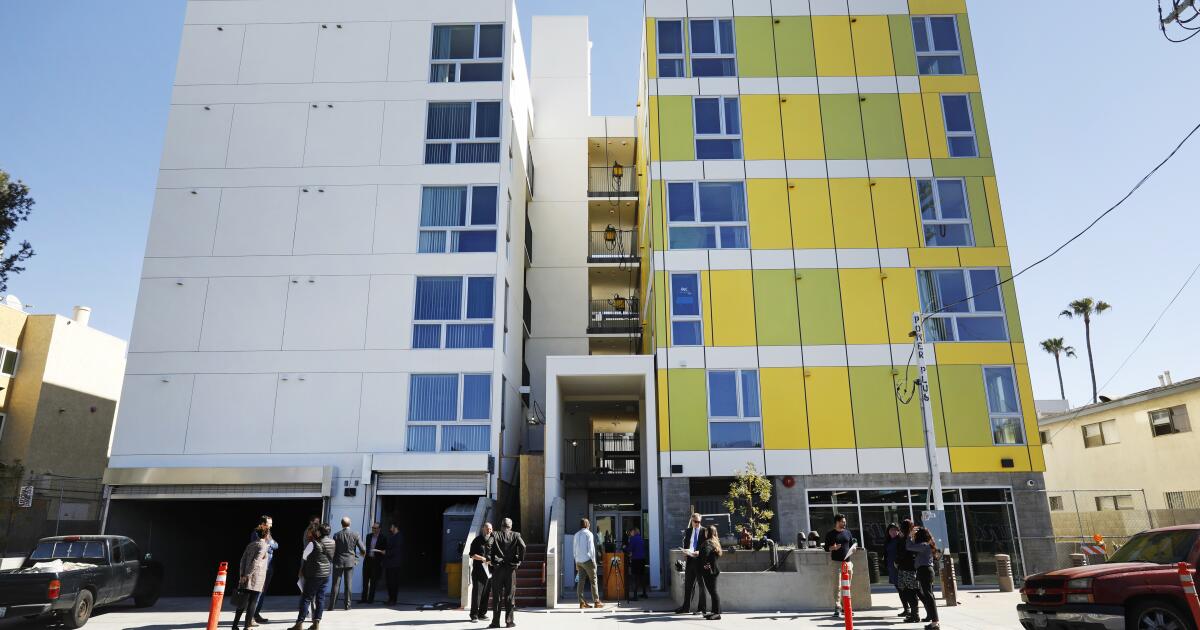Donald Trump and Kamala Harris agree: No tax on tips! Does this rare coincidence between the two political adversaries mean that they have come up with a smart policy?
Don't be ridiculous. That means they both know how to please restaurant servers and other front-line workers who rely on tips for a large part of their income. Las Vegas is packed with such workers and is by far the largest city in Nevada, a key swing state in the Nov. 5 presidential election.
It was an easy position to take, in large part because it has very little chance of becoming law. It is a phrase that deserves a big round of applause, but it is terrible politics.
Why should dollar A be taxed, but not dollar B? Income is income in any fair and simple tax system.
Of course, U.S. and state tax laws are neither simple nor universally fair, and they are always in flux as lawmakers try to appeal to their various constituents. Tips are viewed, in a mid-20th-century mindset, as a sort of unrecorded cash transaction directly between a grateful customer who leaves a few coins or bills on the table and a low-wage worker who went the extra mile (or an extra coffee refill).
In theory, good service means good tips, while mediocre service brings you 10-15%, or maybe nothing at all. And in theory, it's not the boss's or the taxman's business.
But let's face it: Tips aren't exactly that. They're a way to split the bill to make it appear lower than it really is, while allowing the company to pay the worker less. Some businesses ask customers to tip cashiers because… why not? A famous extended line in the 1992 film Reservoir Dogs questions why we tip a waiter at a restaurant but not a fast-food worker, who may work harder and get paid much less.
There are many other questions about tipping theory. Do you tip the hotel employee you never see but who cleaned your room? Some do, some don't. Do you tip the hairdresser who is an employee but not the one who is self-employed? Who knows? Will the employee actually get the tip if you pay by credit card? Will the business split the tips among the entire staff? Will the business owner keep a cut, because who knows?
Taxing wages but not tips simply extends the fiction that tips are an extra token of appreciation rather than what they really are: an essential part of compensation. If hourly workers are paid too little, the smartest policy is to raise their wages, not to invent an unrecorded transaction with a special tax-free category.












